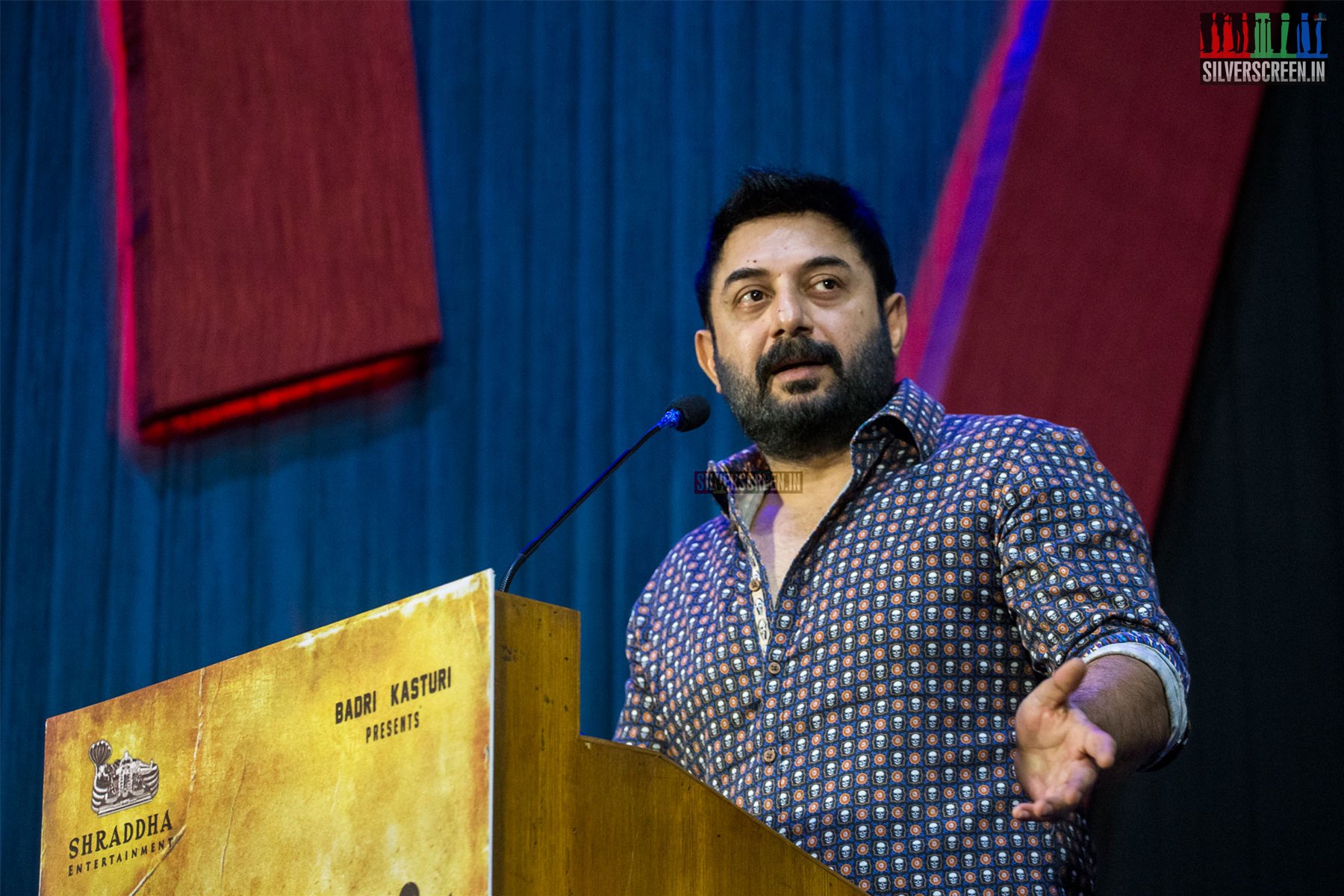Three films I watched recently — Kanni Madam, Ettuthikkum Para, and Gypsy — have left me feeling discouraged; left me feeling like a protestor who has lost his belongings in a revolutionary rally.
If we choose to present ideas such as equality and alternative thinking to people using this art form called cinema, we have to do justice to the art. And this cannot be done by merely using revolutionary verses, leaders’ names, their photos, and talking about events that have happened around them. We must create the justification for all of this within the story. We must then tell it using the language called screenplay, in an interesting manner. The audience must feel as if the problems the characters in the film face are their own and feel utterly helpless.
These three films have failed to do this. Not only is their screenplay uninteresting, they even flounder in their politics. I have a feeling that in all three films they must have started to write the story after writing the dialogues.
As far as the film audience is concerned, the ‘message’ is secondary. If we look at the number of films with dangerously bad messaging that we, as the audience, have welcomed and made big hits out of just because they are very interesting, we can easily understand this subtlety — a film has to be interesting first and foremost.
I wouldn’t even call these three films — that only talk about the ‘message’ — propaganda movies. Propaganda can’t be done, ‘by the way’. It needs great talent. With nothing but their rhetoric, leaders in Tamil Nadu and all over the world, have stunned audiences into staying put without moving as much as an inch.
Those who patronise films such as these three, that don’t have big names and aren’t promoted heavily, are too few. And the ones who do come to the theatres, thinking we must embrace a film that speaks our kind of politics, come with great expectations. But these films vex them. Made with the belief that superficial excitement is enough, these films do a disservice to those who came believing in them. On top of that, its patrons feel under pressure to not be vocal about these disappointments.
When one side is embracing poisonous plants like Draupathi (a recent film whose politics has come under fire) as if it were medicinal herb, I can understand why friends who believe in equality, don’t want to put films that speak the right kind of politics down.
However, for our political harmony, if we pledge art, we will only be scratching each others’ backs. It will not create any ripples in society. The general movie audience that comes to watch these films will eventually run away from all films that speak of revolution. It will take away the opportunity from the next good filmmaker.
Mao said, ‘art must serve people’. But everything that speaks for people is not art, and I hope filmmakers with political leanings understand this. This is not just your failure, comrades…
Translated with permission from the original in Tamil, by Tamizh Prabha. He is the author of the novel Peattai and the screenwriter of Pa Ranjith’s upcoming film.



